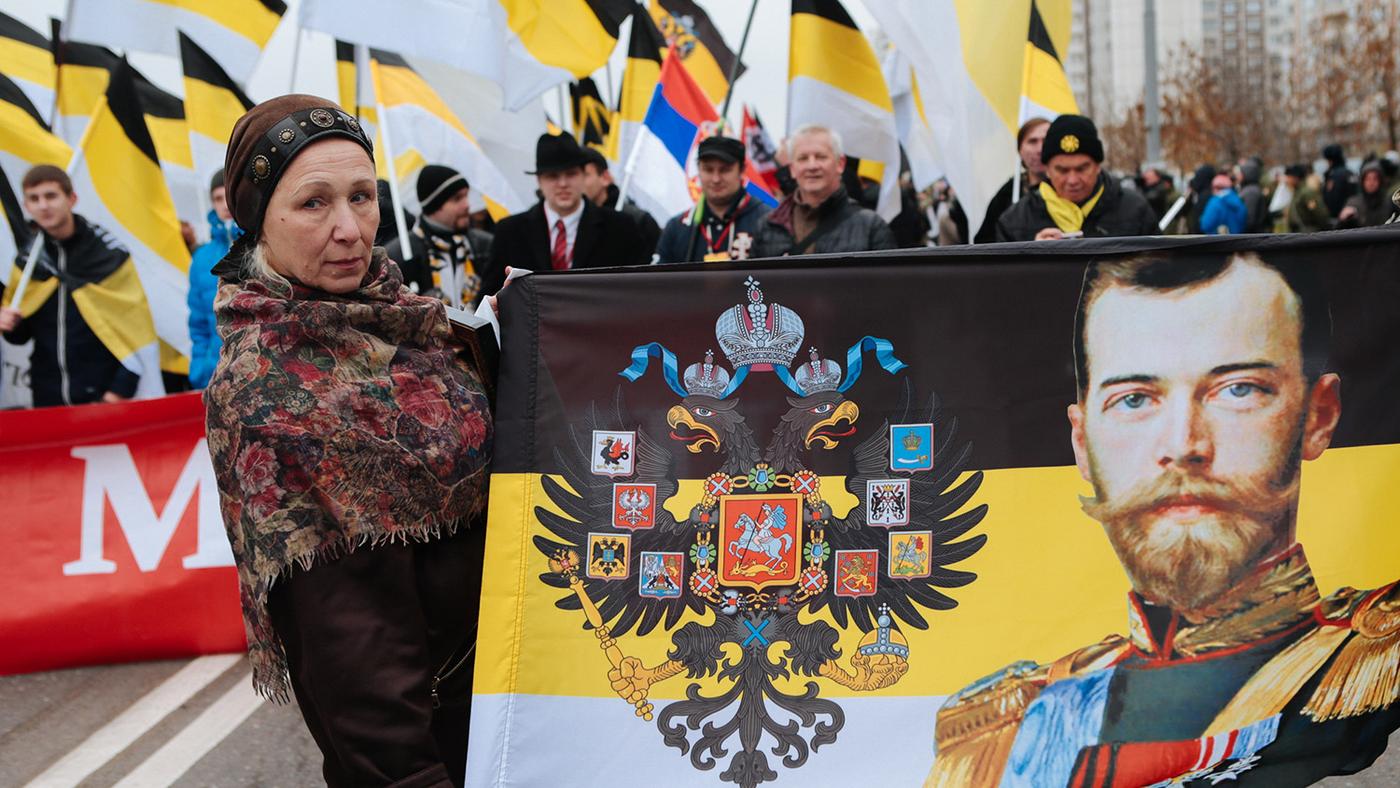The US-based Institute for the Study of War (ISW) reported that Russian President Vladimir Putin is fostering an informal state ideology rooted in nationalism, traditional values, and spiritual identity as part of an effort to militarize Russian society and define it in opposition to the West.
Rhetoric and ceremony used to promote nationalism
At a state award ceremony on 22 May, which ISW describes as highly scripted, Putin stated that “strong family foundations” and “traditional values” underpin Russia’s “1,000-year-old statehood.” He called the preservation of Russian people, culture, and spirituality the country’s top priority.
The only religious figure awarded at the event was a Russian Orthodox priest, despite the state officially recognizing Islam, Judaism, and Buddhism alongside Orthodoxy. The priest praised Putin for defending traditional culture, language, and spirituality. Other awardees, including a martial arts school director and a museum official, praised Russia’s fighters and accused hostile countries of falsifying history.
“Putin will likely expand efforts to unify Russian society against the perceived threat of the West and to develop an elite class of militarized nationalists in order to ensure that any successor will embody similarly aggressive and dangerous ideals that perpetuate eternal conflict with the West and NATO,” ISW wrote.
Russia’s imperial pretensions will continue to menace Europe after Putin gone, Latvian FM says
Shift in identity narrative and elite cohesion efforts
ISW noted that Putin’s emphasis on Orthodoxy and traditionalism may signal a departure from his earlier promotion of civic identity and inclusion of minorities.
“Putin’s departure from this rhetoric at the highly staged event on May 22 may be an attempt to appease the increasingly pro-war Russian ultranationalist community,” ISW says.
The push to define an informal ideology also ties into the Kremlin’s broader strategy to cultivate a new elite class. Putin has declared 2025 the “Year of the Defender of the Fatherland,” which ISW views as part of efforts to develop a cadre of loyal veterans and nationalists.
Debates over constitutional change emerge
Russian Investigative Committee Head Alexander Bastrykin, “one of the most outspoken Russian ultranationalists in Putin’s inner circle,” voiced support for embedding nationalist ideology in the constitution. In an interview with the state-funded TASS news agency, he stated that Russia should base its national idea on patriotism, service, citizenship, and strong family values — and enshrine it in law.
While Russia’s State Duma Deputy Speaker Pyotr Tolstoy suggested on 19 May that constitutional changes could be possible, Committee Chair Pavel Krasheninnikov countered that the existing constitution is sufficient. Kremlin Spokesperson Dmitry Peskov initially stated that amendments were not on the agenda but later said the Kremlin lacks specifics to comment further.
ISW assesses that the Kremlin “is likely accelerating its promotion of this ideology to prepare the domestic population for a future military conflict against the West. Bastrykin is likely spearheading efforts to formally enshrine Russian nationalist ideology in the constitution as one of the most powerful and influential ultranationalists within the Kremlin elite.”
Read also
-
ISW: Putin expands youth militarization program for long-term war in Ukraine
-
Over 60% of Americans believe Russian President Putin is “stalling” peace talks involving the United States
-
Moscow promoting ever more military programs for ever younger school-age groups
-
Russia’s Sumy ambitions unlikely to succeed soon, says ISW




